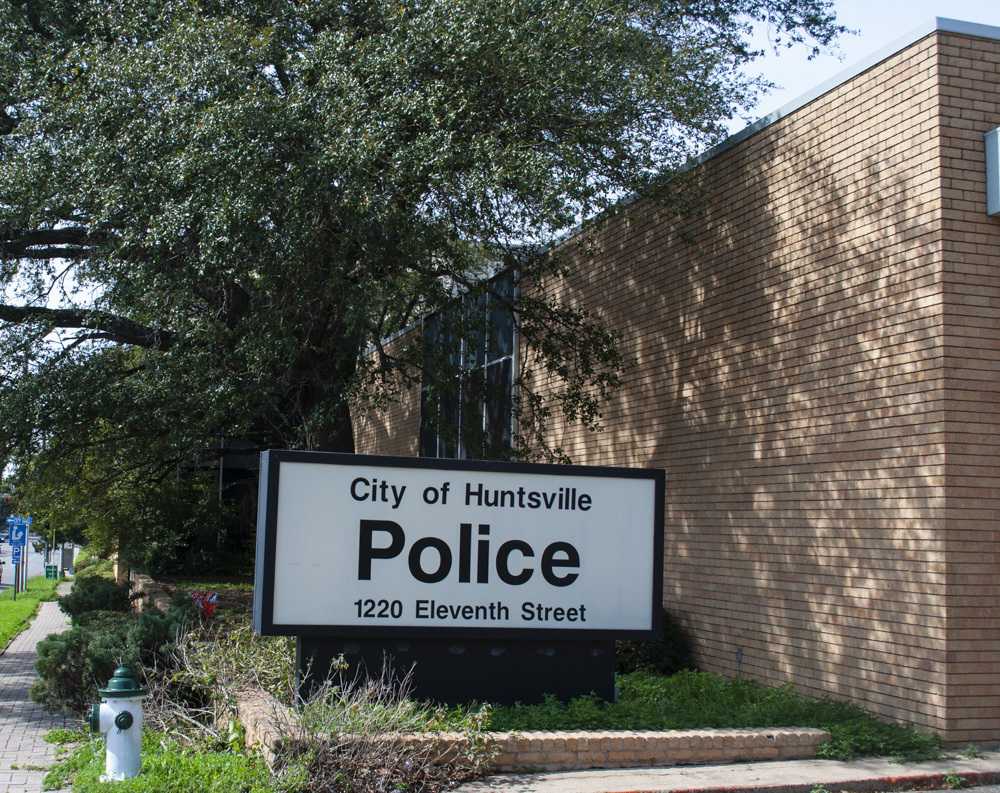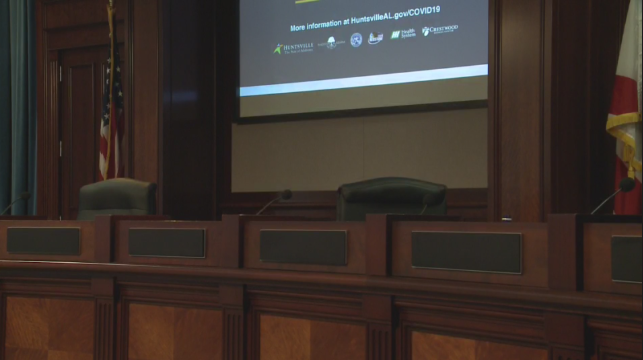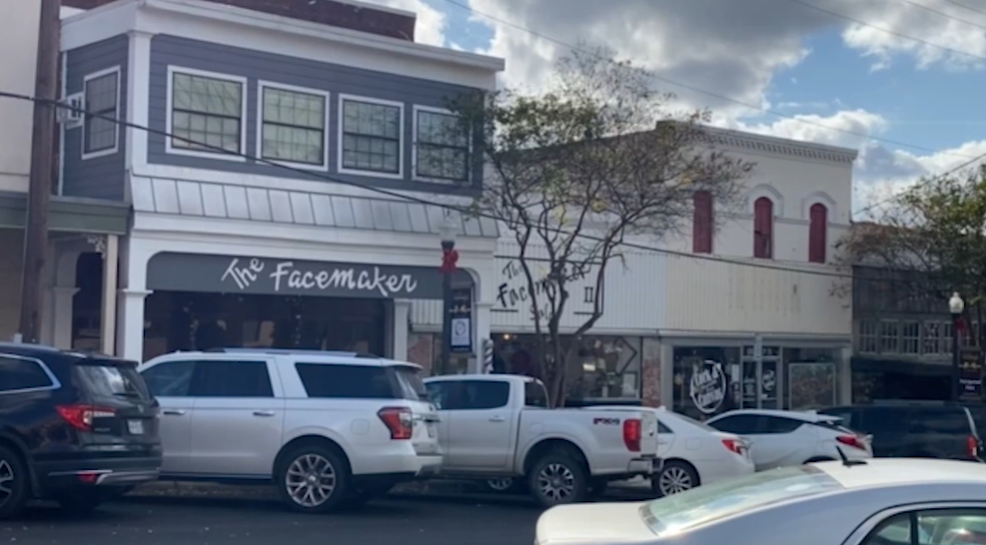Debit Card users beware: a thief can steal your banking information and your money without having your card present. Card Not Present (CNP) fraud is going on all over the United States—both online and in stores. I learned this lesson the hard way in 2016 when my old debit card was compromised, and a thief at an HEB Store in South Houston charged $400 on a cloned card that contained my bank information.
Luckily, I am a member of a local credit union, who put the money back into my account quickly while the bank disputed the charge. The same thing happened to my mother, whose card was compromised, cloned and used at an HEB in South Texas. Just recently, my credit union’s fraud protection service notified me that someone tried to use another cloned card containing my banking information at a Sam’s Club in The Woodlands. This time, the charge did not go through, and I was able to get my card cancelled and a new one issued to me. Debit card fraud happens to a lot of people, and it can happen to you.
Debit card fraud is a big problem, particularly in today’s cashless society. Most everyone uses a debit card that is issued by a banking institution. Though the new chip feature has been added to the bank-issued cards, according to Statista, there will still be a $1.8 billion loss for customers in 2018. This is a reduction down from $3 billion in 2014. Before the chip feature was installed, debit card fraudsters could get your bank information, make a copy of your card and use it as a credit card at almost any merchant that allowed purchases with credit cards. Before the chip was installed, it was much easier for fraudsters to drain your bank account. According to the article “What happened after the US moved to chip-embedded payment cards?” by Megan Geuss, fraud has dropped substantially since the use of the credit card chip.
“Today, although only 59 percent of U.S. storefronts have terminals that accept chip cards, fraud has dropped 70 percent from September 2015 to December 2017 for those retailers that have completed the upgrade, according to Visa,” Geuss said.
The author’s article implies that the chip only protects you if you use it at the store, but as most customers are starting to buy more of their goods online, debit card fraud will still be a problem. Still, the chip is known to help prevent fraudsters from getting your money as easily.
“The chip can’t be duplicated,” ACH/Debit Card Coordinator at Walker County Federal Credit Union Audrey Deimel said. “Your magnetic strip has your card number embedded in it, but the chip does not. The chip has an algorithm that generates a different number every time you use it, so [fraudsters] can’t duplicate it.”
However, Deimel also warns that debit card fraud is still possible.
“There are people who have devices who can walk right past you and get your information through your purse,” Deimel said. “There are little skimmers that they attach to ATM machines and gas pumps. There are people who will walk in with a group of people and distract the cashier with an emergency and will actually take the device off of the register and put their own device on there.”
According to Taylor Chandler, Marketing/Business Development Specialist at Walker County FCU, hackers have easy access to your information when you are not careful.
“People don’t always completely exit out and finish their transactions at an ATM,” Chandler said. “If you don’t hit finish or finalize at an ATM, other people can get access to your information. People can also pull information from your receipt at a gas pump.”
Chandler advises customers to go to their financial institution and ask them how you can protect yourself.
“We at Walker County FCU have just implemented a whole lot of new features to make sure we do everything to protect your money,” Chandler said.
Though it does still happen despite new security measures that are in place, debit card users can still protect themselves.
According to Deimel, at banking institutions, such as Walker County FCU, customers are required to use their chip and pin number if the card reader is chip-capable, and if you swipe your card it will be declined.
“Since our cards are chip-capable, when they try to use the magnetic strip, it immediately will send up a red flag that this isn’t a chip card, and this is a chip-capable machine,” Deimel said.
Although, some customers may not like the new chip feature, it seems to prevent fraudsters from taking your money as easily. However, fraudsters cannot get away with the clone cards like they used to.
That is why my credit union notified me when my card was recently compromised, and their fraud alert service quickly contacted me to determine if I had made a $200 purchase at Sam’s Club, which I did not. They were able to cancel my card immediately. No money was withdrawn from my account because the fraudster did not have my actual chip card. Then my credit union’s fraud alert service was alerted to possible theft, so they contacted me by text to verify as to whether or not I made the purchase.
Fraudsters will also use the cloned credit card to purchase gift cards. According to Deimel, they do this so they can get rid of your card number quickly. The money taken from your account that they place on the gift cards is free to be used anywhere, but banking institutions such as Walker County FCU are doing everything they can to defeat debit card fraud and protect their customers.
Customers, too, can take preventive measures to keep fraudsters from getting their banking information. Both Chandler and Deimel encourage customers to check their bank accounts often, either by calling their banks or checking online, and also pay for gas inside the store instead of at the pump. Customers are also advised not to give their debit cards to anyone or share their pin numbers.
According to Deimel, a student gave his card and his pin number to his roommate to get something for him at the store, and this student’s roommate stole over $2,000 from him. When he tried to dispute the charges at the bank, they couldn’t help him, as he had given his pin number to his roommate, and there wasn’t any way to prove who had actually withdrawn the money.
Again, debit card users need to play it safe. Always get your receipts from the gas pumps or the ATM. Pay for gas inside the store instead of at the pump, and check your bank balance daily. If your bank has a fraud alert service, sign up for it. Also, if you shop online, make sure the website’s pay-site is secure.
Fraudsters are smart and really want to make a quick buck off their victims. If customers take time and pay attention, however, they can prevent fraudsters from getting ahold of their hard-earned money.

















